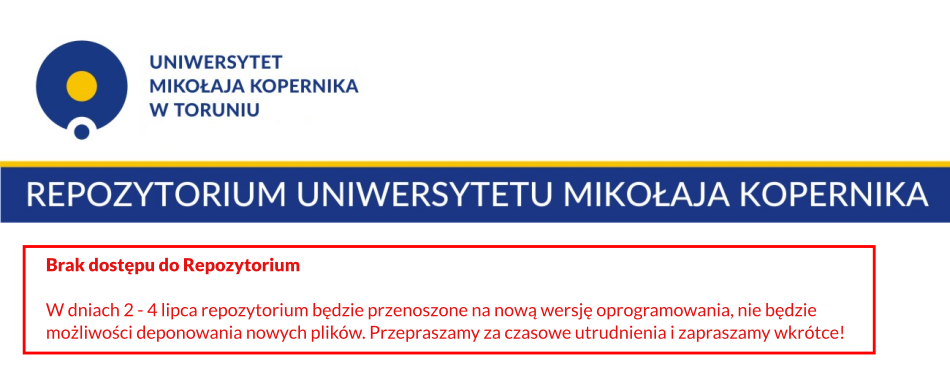| dc.contributor.author |
Supruniuk, Mirosław Adam |
| dc.date.accessioned |
2013-10-11T06:05:49Z |
| dc.date.available |
2013-10-11T06:05:49Z |
| dc.date.issued |
2011-12-05 |
| dc.identifier.citation |
Archiwum Emigracji, Rok 2011, Zeszyt 1–2 (14–15), pp. 42-78 |
| dc.identifier.issn |
2084-3550 |
| dc.identifier.other |
doi:10.12775/AE.2011.004 |
| dc.identifier.uri |
http://repozytorium.umk.pl/handle/item/707 |
| dc.description.abstract |
In 1951 Czesław Miłosz decided to ask the French Government for political asylum and stay in exile. The Literary Institute in Paris gave aid and provided him with care. Polish political emigrants remembered however that Miłosz was a diplomat of the Polish communist government in the USA and France. In the scientific discussion, there was expressed a belief that the Polish emigration in Great Britain reacted with dislike and hostility to the information about Miłosz’s emigration. Yet, an in-depth analysis of press texts from the year 1951 allows to notice that the poet’s emigration was well received and it was the action of the Literary Institute „in the poet’s defence” that caused critical comments about the poet. The text names all voices of London emigration publicists in 1951, analysing the chronology of incident. |
| dc.language.iso |
pol |
| dc.rights |
Attribution-NoDerivs 3.0 Poland |
| dc.rights |
info:eu-repo/semantics/openAccess |
| dc.rights.uri |
http://creativecommons.org/licenses/by-nd/3.0/pl/ |
| dc.subject |
Miłosz Czesław |
| dc.subject |
Polish emigration in Great Britain |
| dc.subject |
emigration press |
| dc.subject |
Literary Institute in Paris |
| dc.title |
Miłosz’51 — raz jeszcze. Studium o pożytku z czytania źródeł |
| dc.title.alternative |
Miłosz ‘51 once again. The study about a profit from reading sources |
| dc.type |
info:eu-repo/semantics/article |


